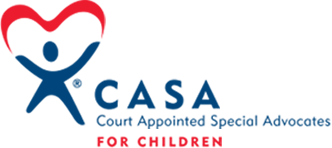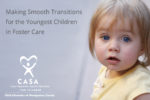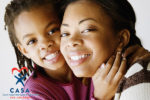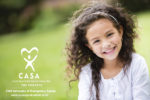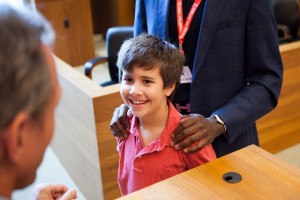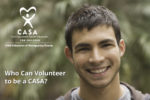
What is a CASA? When an abused or neglected child is removed from an unsafe environment and placed in foster care, a judge may appoint an Advocate to represent the best interests of that child or youth—in and out of court. This committed volunteer is a Court Appointed Special Advocate, or CASA.
